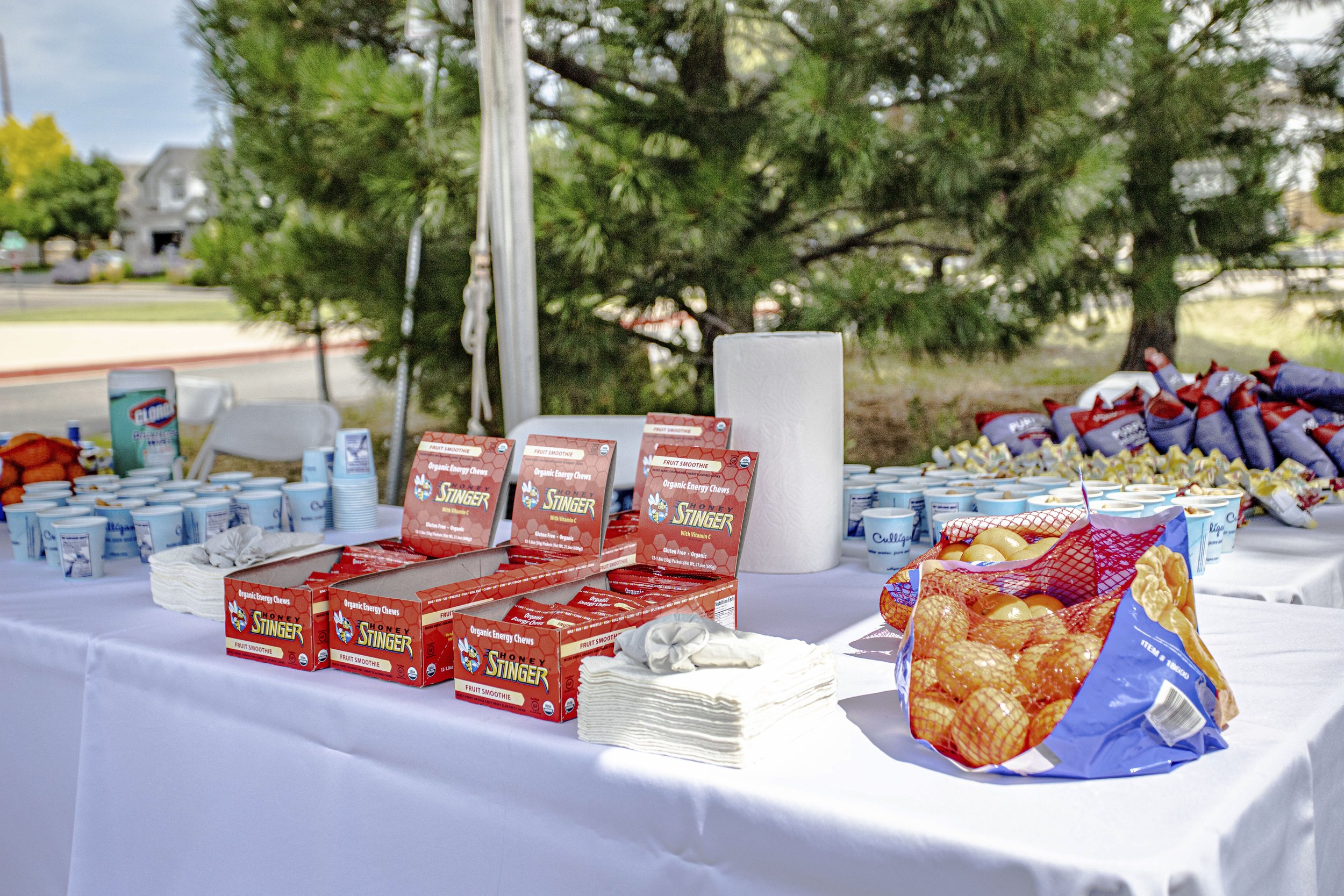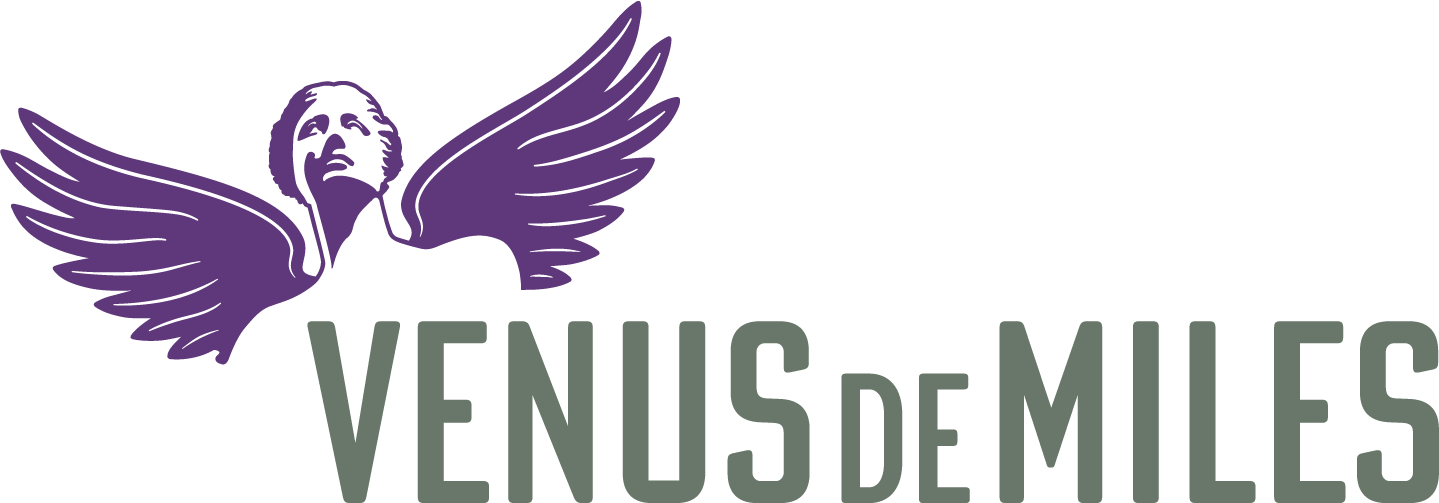
SAFETY AND SUPPORT
CYCLIST SAFETY
If having fun isn’t the number one priority, it is only because your safety is. We want to ensure that every cyclist has an ideal experience at Venus, which is why we provide you with a fully-supported ride. Having the right rider support is key for you to feel confident to push yourself, go further, and get the most out of the courses. Throughout the ride, you will have access to medical support, mechanical support, and plenty of emotional support at our rest stops and from our famous Tutu Crew!
AID STATIONS
There will be three aid stations along ride routes, two serving the 30-mile and 48-mile courses, and three serving the 64-mile course. Aid stations will be approximately every 13-18 miles, depending on your course length, and detailed aid stations can be found on our course maps. At aid stations, you’ll find a variety of snacks, hydration, port-a-potties, shade and chairs, first aid supplies, a bike mechanic, and more. Each station will be equipped with medical staff as well as tools to fix minor bike repairs. Please thank your hardworking volunteers!
MEDICAL SUPPORT
Venus de Miles contracts medical professionals to ensure all participants are taken care of with the utmost care. Each aid station will be equipped with a medical staff member and supplies. We will also have medical support roving on-course as well as at our Finish Festival. More detailed information on our emergency plan will be sent out prior to the event. Rest assured, you’re in good hands!
TRAFFIC CONTROL
Venus de Miles works with local police as well as county sheriffs and Colorado State Patrol to bring you the safest possible course experience. You’ll notice at major intersections and along the routes we have law enforcement stationed to help aid in keeping vehicle speeds down and drivers alert. While we can’t predict where all issues arise, we spend a great deal of time on our traffic plans to ensure that we’ve brought you the best and safest experience possible.
SUPPORT VEHICLES
Also on-course will be multiple SAG (support and gear) vehicles equipped with water, snacks, first aid kits, and basic bike maintenance tools. They will also be able to transport riders to the next aid station for medical attention, if needed. Please note, not all SAG vehicles will be equipped to carry bikes. In the event of a weather emergency, SAG vehicles will not be able to transport all riders to the finish line.
TUTU CREW
Our famous Tutu Crew are the best-dressed men in cycling! This group of guys supports our ladies on course by providing encouragement and performing basic bike maintenance as needed. They also act as our eyes and ears on course and help report any issues. Our Tutu Crew members are considered volunteers, so they enjoy all of the post-ride perks at our festival!
VENUS DE MILES SAFETY AGREEMENT
Below you’ll see our safety agreement, which includes the most important things to keep in mind when participating in Venus de Miles. We ask every participant to take some time to get familiar with the rules of the road so you can be respectful of your fellow participants, motorists, local residents, and the communities that graciously host Venus de Miles year after year.
Venus de Miles is conducted on open roads with vehicular traffic. Roads include both marked and unmarked hazards. Though we go to great lengths to make the event as safe as possible, always remember that safety is in your own hands. You must participate by these rules:
Wear a helmet at all times.
Wear your Venus de Miles bib number so other riders can identify you.
We recommend you ride single file. Maximum of two abreast when conditions allow; do not impede traffic.
Make sure your bike is in good working condition. We recommend getting a tune-up before the ride!
Have both a front and rear light on your bike.
Ride on the shoulder or in the bike lane, as far right as reasonable.
Please know the rules of the road; you have the same responsibilities as drivers.
Obey all traffic lights, signs, and regulations.
Pass other riders only on the left; announce “passing,” or “on your left.”
Use hand signals to indicate road hazards, stopping, slowing, and right and left turns.
Prepare properly - train in advance to avoid injury, bring light food and water to have on hand in between rest stops, and bring layers.
We recommend riding without headphones. This allows you to hear your fellow riders if they’re passing or need assistance.







